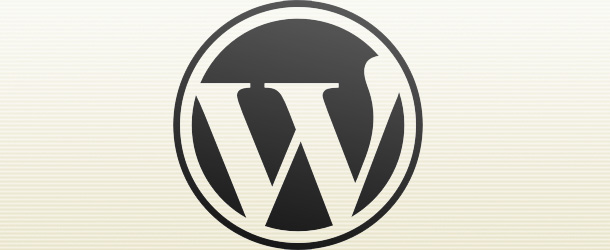WordPress is a great tools and resource for anyone looking for open source blog publishing and website features. WordPress uses a variety of application features to help modify the entire application to be enabled to do the management of an entire website.
What is WordPress?
If you are new to WordPress is it important to understand how it works and how you can take advantage of the many features and content management tools WordPress has to offer to help you build a creative blog or website. WordPress offers open source blog publishing applications that are powered by PHP and MySQL, which are also known to be used for content management. WordPress has a variety of features web builders and bloggers can use to customize their blog or website to how they like it, and make it easy to use for a number of purposes.
WordPress Features:
WordPress offers a web template system that uses a template processor. This way you can rearrange the look of your blog or website exactly how you want. It is also easy to change later for regular updates or additions to the web space. WordPress offers dozens of WordPress widgets. These types of tools offer text and RSS widgets you can add to your site and rearrange without having to edit the PHP or HTML code. They are also easy to install and switch between themes. For advanced customization to your site, you can easily change the PHP and HTML code in themes for your blog or site. WordPress provides users with a management system that is great for integrated link management, clean permalink structure, the ability to assign nested and multiple categories to articles and blog posts. There are automatic filters included to help provide standardized formatting and styling of the text in articles. You can also easily tag words in each of the articles. One of the best WordPress features is the ability of plugin architecture. This allows users and web builders to extend the functionality of the website to any level beyond the base install for a variety of added features and customization.
For those who enjoy blogging or managing their site from their smart phone, there are WordPress apps for Android, iPhone/iPod Touch, iPad, Windows Phone 7 and BlackBerry. These apps allows users to access most of the features in the WordPress Admin panel and work with WordPress.com and many WordPress.org blogs. There are many benefits to blogging or creating your website with WordPress including access to dozens of widgets, huge variety of templates to customize your blog or site as well as the ability to post your WordPress blog with other web host providers by using an easy integration. This way, you can ensure your website is linked to your blog and vice versa. This feature is perfect for those who have a business and use their blog to promote and provide information about their business. It is also just an overall great feature to have for anyone who has their own website and would like to generate traffic between their website and blog to provide Internet users with more information about their site, business or organization.
About WordPress:
WordPress started out in a slightly different version of itself called b2/cafelog, which was the precursor to WordPress. However in 2003, WordPress became the official successor as a progression of the b2/cafelog idea. By 2009, WordPress became one of the best and most usable open source content management systems. Through development WordPress began making more changes to the content management system. One of these changes was to no longer allow themes with sponsored links, a move that received a mixture of criticism and praise from users. Many were happy with the idea that it would cut down on what many considered to be spam. WordPress version 3.1 was launched in February 2011 with more updates to be made throughout the rest of the year. WordPress also offers a multi-user system that allows multiple blogs to exist within one installation. This way, users are able to operate more than one blog from a single dashboard.
